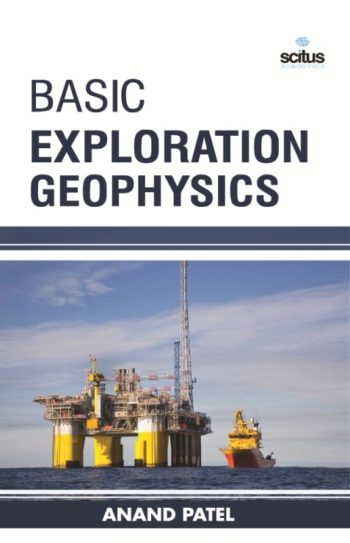Nuclear energy is the only realistic substitute to the environment-unfriendly energy production based on fossil fuels. With presenting safe and effective nuclear reactors of new generations, nuclear power regains its position pointed by the Chernobyl accident. Radiochemistry, radiation chemistry and nuclear chemical engineering play a vital role in the nuclear power development. Even at present, the accessible technology is well developed, but still several improvements are needed and proposed. These developments deal with all stages of the technology; front end, reactor operation (coolant chemistry and installation components decontamination, noble gas release control), back end of fuel cycle, etc.
A large number of different research activities related to nuclear chemistry, nuclear fission, spectroscopic investigations, development of radio analytical techniques and other analytical methodologies for chemical quality control (CQC) of nuclear fuel materials, process chemistry of actinides, spectroscopic and X-ray studies, mass spectrometry, thermodynamic investigations, recovery of actinides from analytical waste solutions and post irradiation studies on irradiated nuclear fuel were undertaken.
Nuclear And Radiochemistry brings together innovative research and trends on nuclear and radiochemistry in a well-structured manner dealing with the theory and real cases followed by chapters devoted to such specific topics as nuclear energy and reactors, radiotracers, and radionuclides. It illustrates a role of chemistry for a safe and economical nuclear power development.
This book will be of valuable resource for newcomers and various experts such as, radiochemists, metallurgists, reactor physicists and fuel designers as well as established scientists in the field.













